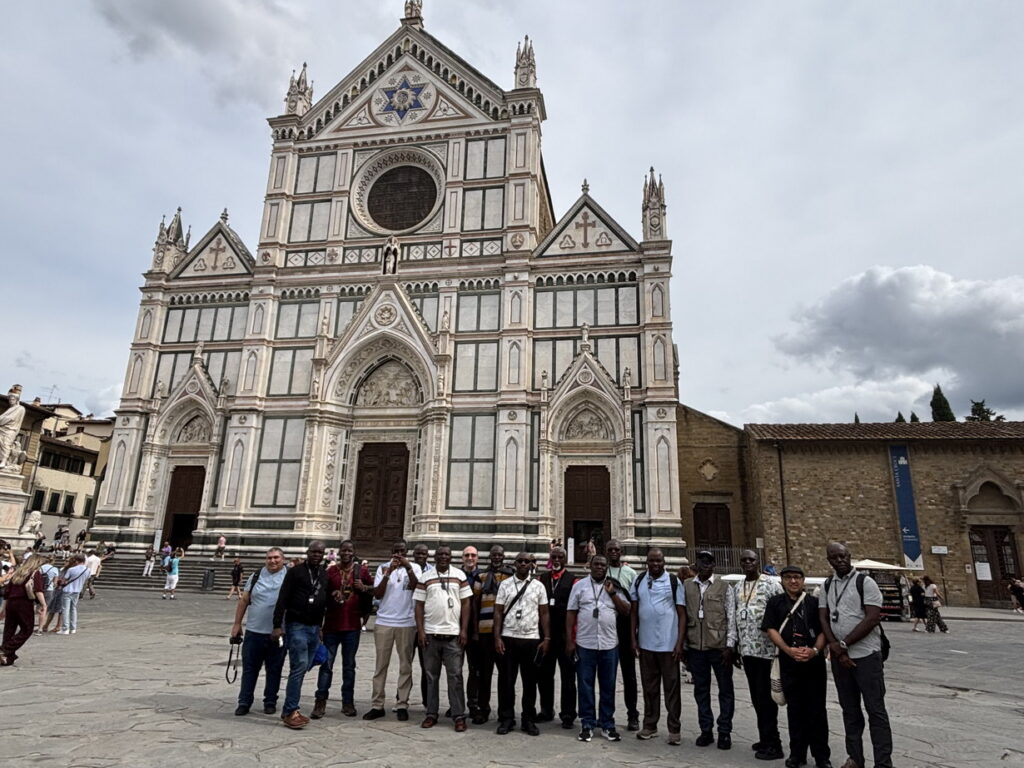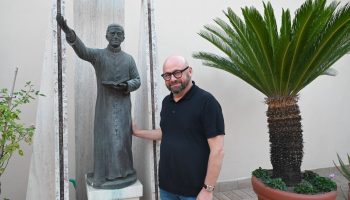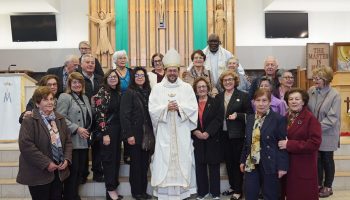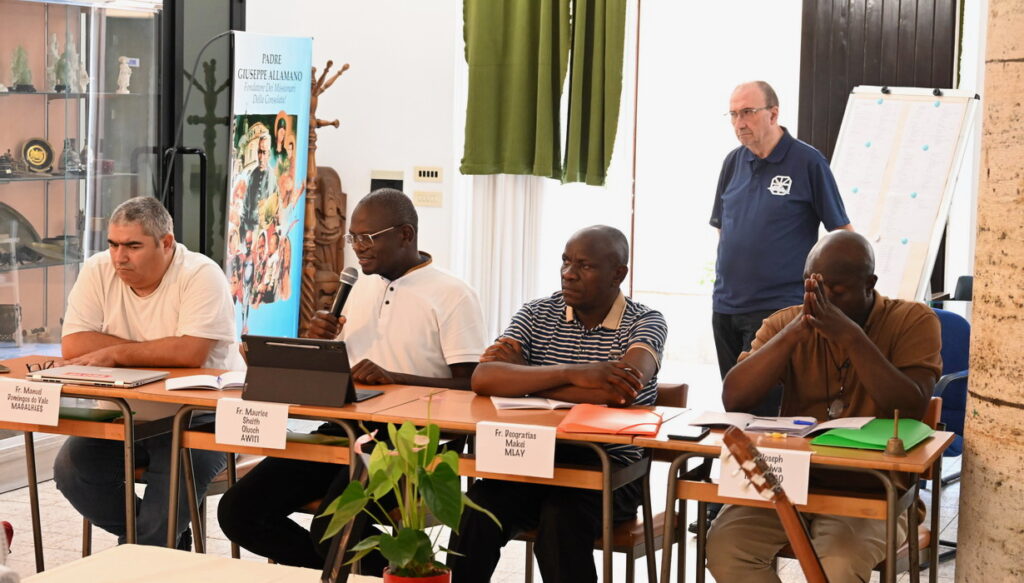
In recent years the code of Canon Law has seen some changes regarding Religious Life in the catholic Church. This theme was included in the program of the ongoing formation course for a group of Consolata Missionaries celebrating their jubilee, held in Rome at the General House.
By Anthony Kimanzi *
Some of these changes on Canon Law was presented on 16th of September by Father Welch Richard a religious priest of the congregation of the Redemptorist, presently working in the Dicastery for Institutes of Consecrated Life and Societies of Apostolic Life on the Vatican whose prefect is Sister Simona Brambilla, MC.
On that occasion, the professor interacted with the participants on this delicate subject and highlighted that, undertaking these incremental but significant reforms, the Church intended to give more space on the legislation affecting the governance of the religious institutes of pontifical rights.
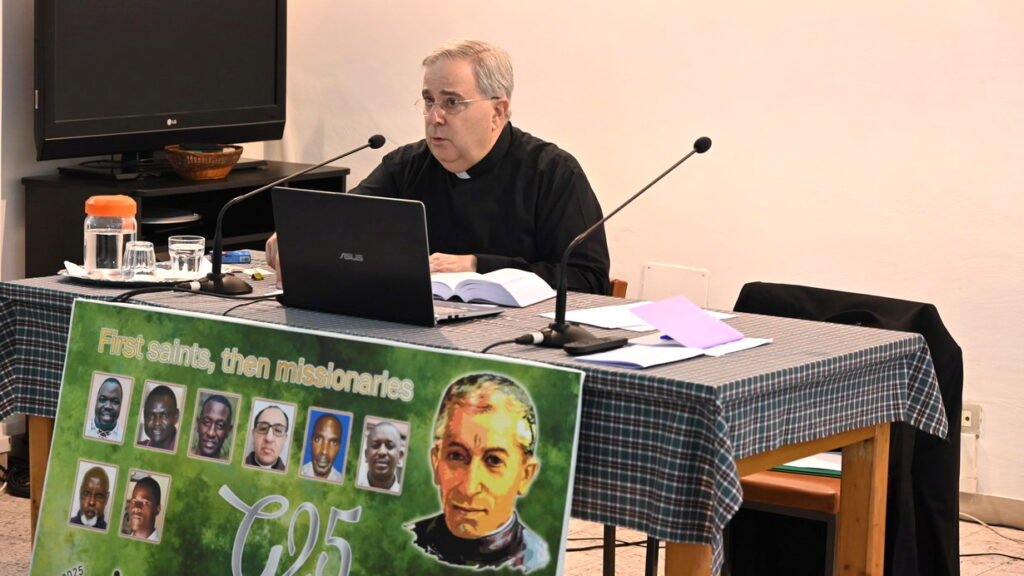
These are some of the changes mentioned by Father Welch Richard:
– Motu proprio Communis Vita promulgated by Pope Francis on March 19, 2019 that modifies canon 694 §1, 3 of the Code of Canon Law. Ipso facto dismissal for the absence from the community,
– Rescript on Canon 588 §2 (may 18, 2022). This change is ment to expand the eligibility of non-clerical members for governance roles. This is an exceptional law not to undermine clerical institutes’ charism.
– Motu proprio Competentias quasdam decernere (Pope Francis, February 11, 2022). Adjusting the competencies between diocesan bishops and the Holy See. Citation AAS, 114(2022), 173-176.
– Exclaustration and dismissal procedures extending exclaustration from 3 years to 5 years, Canon 686§1. Again dismissal decrees by major Superiors no longer require confirmation by the Holy See or diocesan bishops. The duration of the appeal extended from 10 days to 30 days, Canon 700. This is done in strict observance of the law not to deprive people of their rights.
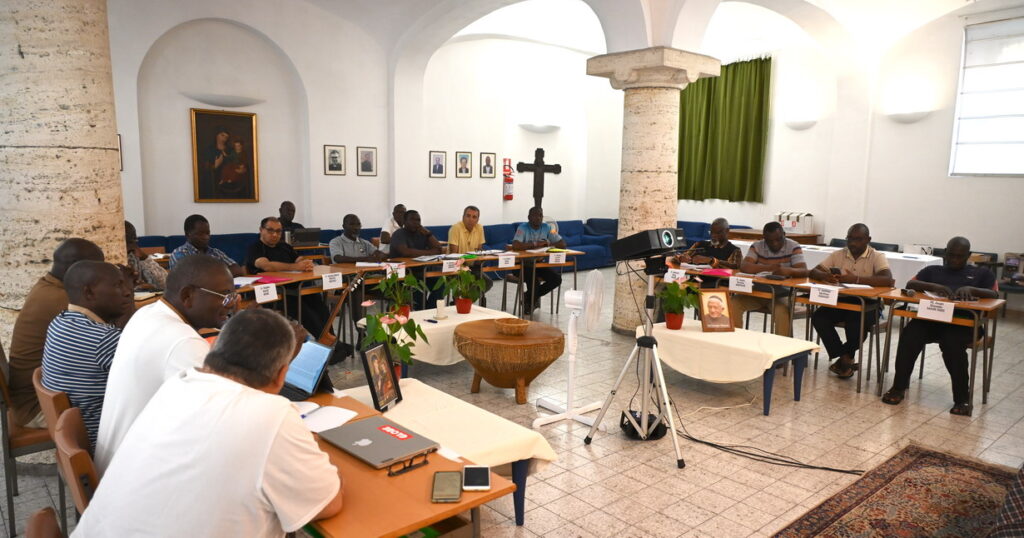
Father Welch Richard also presented briefly the Motu proprio Vos estis lux mundi (“You are the light of the world”, Mt 5,14) (May 7, 2019,). The purpose of this letter is to establish mandatory reporting and procedures regarding sexual abuses and their cover-ups.
The novelties of Vos estis lux mundi are: Introduced “vulnerable adults” definition (Art. 1 §2b); Explicit inclusion of abuse of authority; Substantive clarifications, not merely procedural norms; Encourages use of lay experts in investigations; Whistleblower protections codified; Reports directed to competent Vatican dicasteries; Does not abrogate previous canonical norms but supplements them.
“It is a reporting tool. It’s a mechanism on how to report crimes of sexual abuses against minors and vulnerable adults”, said Fr. Richard.
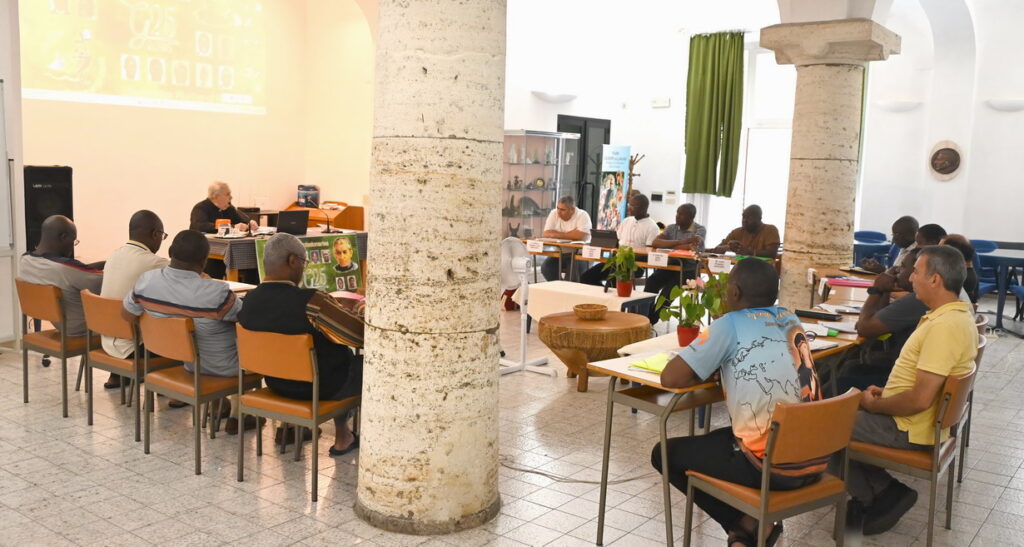
This is against the sixth commandment of the Deca Law: sexual abuse on someone by force, threats and especially abuse of authority. It has also to do with recruiting or inducement of the minors, exhibition, procession and distribution means of child pornography.
This law applies to all religious persons across all regions and denominations without distinction. All are subject to canonical penalties, administrative or penal. This mandatory reporting is to be done while protecting the whistleblowers.
Read also: New Missionary Trends: A Church that Goes Forth
Self-care and development of one’s integrity towards old age
Coping with midlife crisis as a religious
Insights for discerning the future prospects of Consecrated Life
Starting afresh from Christ: reviving the fire of the call
Course G25: General Analysis of Consecrated Life and of the Institute
“The Word of God as a Guide to Consecrated Life”
The second ongoing formation course begins in Rome
Fifteen Consolata missionaries (14 priests and 1 brother) from Africa, Latin America and Europe are taking part in the ongoing formation course from September 1 to 27. The program includes moments of reflection, group work, sharing, and celebrations.
* Father Anthony Kimanzi, IMC, missionary in Kenya.
